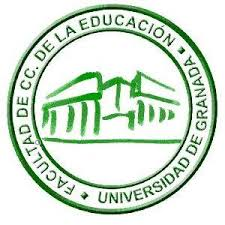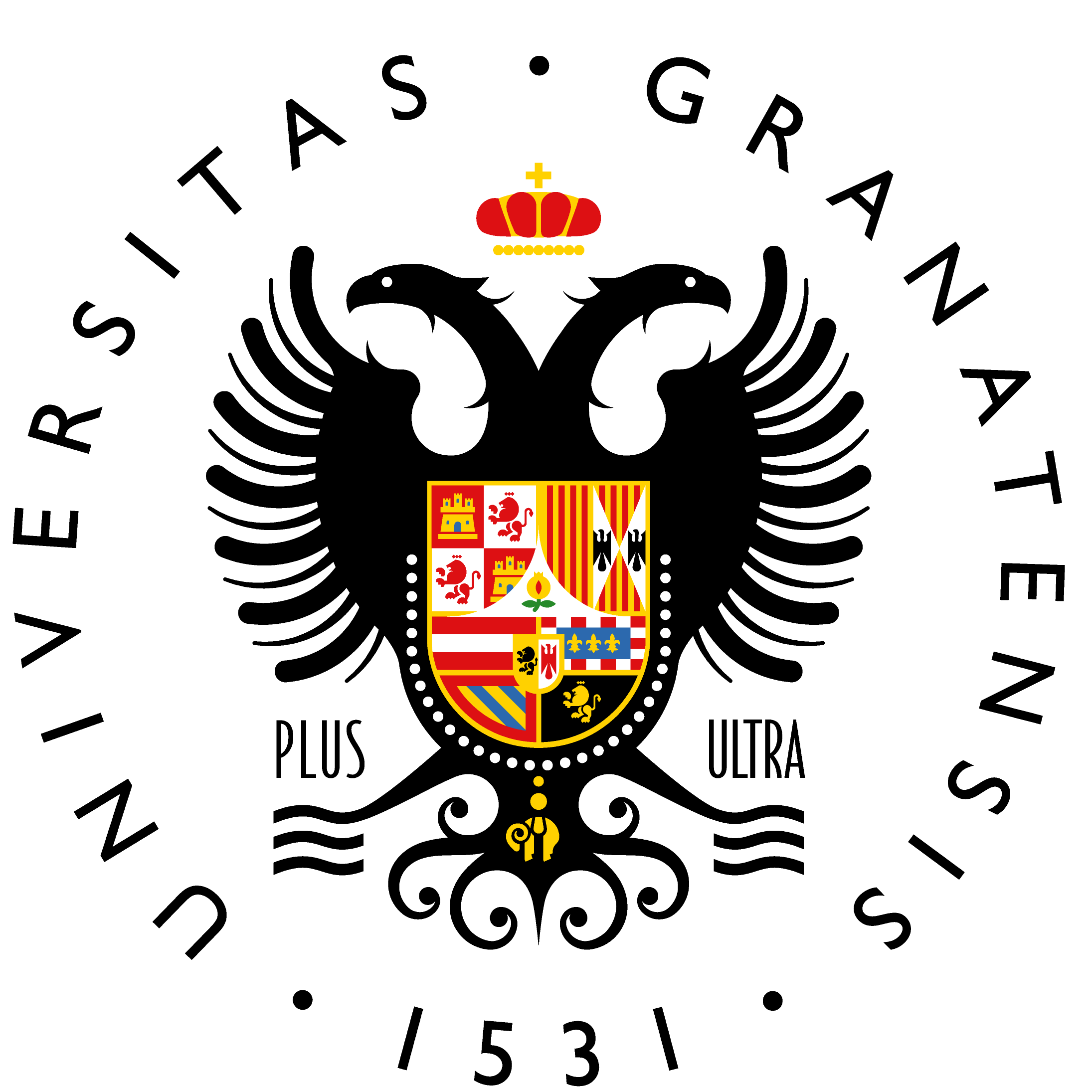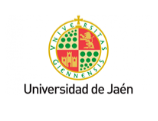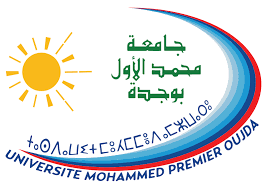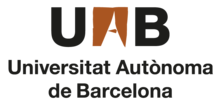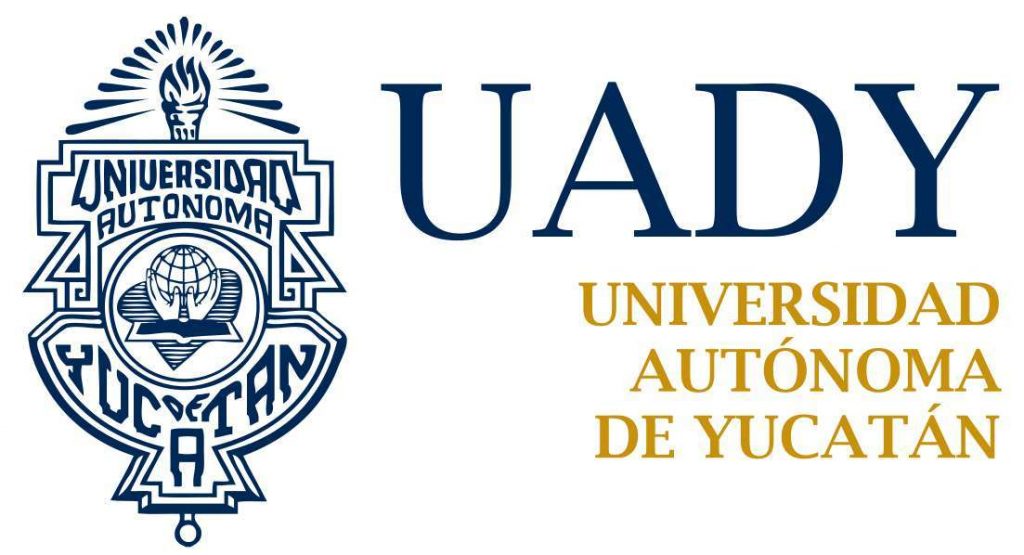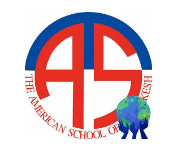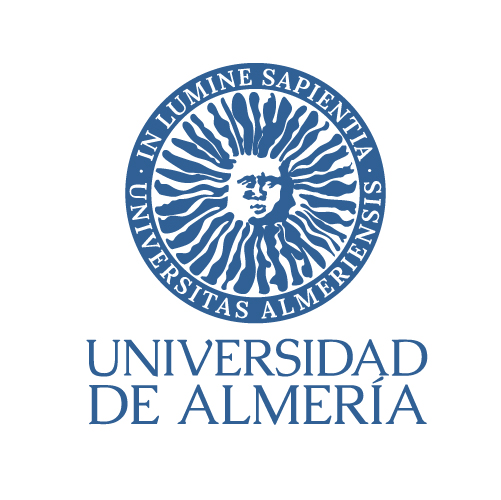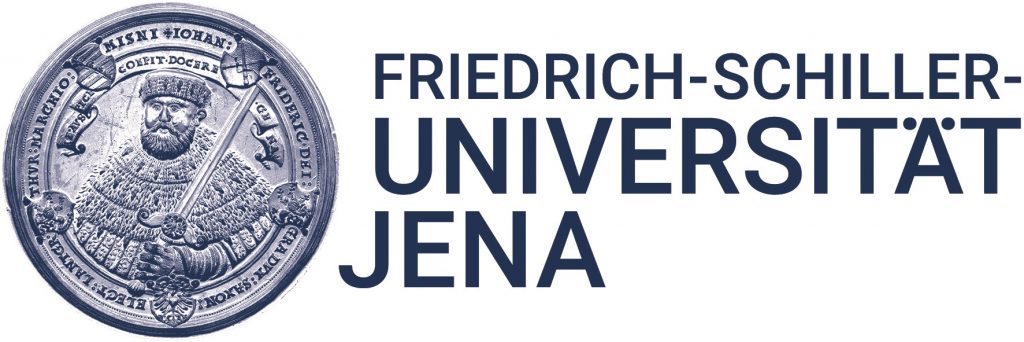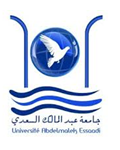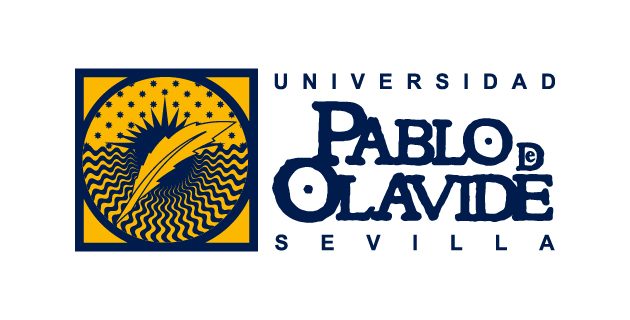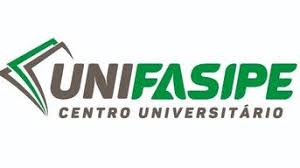Comunicación Inclusiva y Multilingüe English
Otro sitio más de Comunicación Inclusiva y Multilingüe [MAIN SITE]
International Virtual Conference, 27, 28 and 29 April 2021
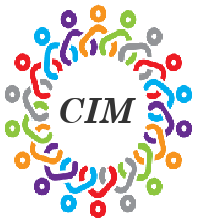


[Multilingual Inclusive Communication. 2030 Educational Goals for Sustainable Development]
In the Resolution of the General Assembly on 25 September 2015, the United Nations adopted the 2030 Agenda for Sustainable Development, laying out 17 Sustainable Development Goals and 169 different targets. Goal 4 proposes to ensure inclusive and equitable quality education and promote lifelong learning opportunities for all. Thus, this Conference provides a framework for the exchange and dissemination of research results on quality education. I.e. the experiences that, on the one hand, promote the learning of communicative competencies in different languages and systems, and on the other hand, provide adequate and suitable logistical and material support. Therefore, the aim of this Agenda is to create an inclusive and cooperative culture of peace to enhance sustainable development on equal opportunities among the citizens of the 21st century.

Obtain a Certificate of Attendance (35 virtual hours) and a Certificate of Presentation, both available in the Platform of the Conference +information
Publish your Abstract in a Book of Abstracts with ISBN, and your Full Paper in a book with a Q1 impact index in SPI, both available in the Platform of the Conference
Online access to the Platform of the Conference once you proceed to the payment
Thematic Lines

1. Research in accessible communication for people with functional diversity
This Line includes didactic and educational experiences, which present results on the communication systems employed in the field of special education, focused on the integration and inclusion of people with physical or mental disabilities, as well as on diversity in clinical, social, familiar and institutional contexts.
2. Research in professional, academic and scientific communication for entrepreneurship and sustainability
This Line includes didactic and educational experiences, which present results on written, spoken and/or multimodal communication models, and are effective for sustainable professional and scientific development, as well as mainly promoted in higher education and vocational training contexts.
3. Research in the learning of verbal languages for a multilingual society: mother tongue, foreign languages, bilingualism, and multilingualism
This Line includes didactic and educational experiences, which present results on the use and the mastering of verbal languages (orally and/or in writing), in all educational stages as well as in vocational training and adult education, either in mother tongue and foreign languages or even sharing procedures and resources.
4. Research in iconic communication: drawing, images, concept mapping, video, interface and gamification
This Line includes didactic and educational experiences, which present results on the ways of meaning with symbols and visual organisations, in combination or not, and other systems of human communication, emphasising their usefulness and applications in different communicative contexts and supports, to enhance an inclusive and cooperative culture of peace.
Keynote speakers
Speaker
Title of the paper
Dr Rosario Arroyo González. University of Granada
Argumentative Communication in Higher Education
Dr Laura Carlucci. University of Granada
Multisensory Communication. New Paths to Inclusive Culture
Dr Chakib Chaairi. University of Tetouan
University Research in Humanities and Human Sciences facing the Challenge of Digital Communication
Dr Ena María Consuelo Evia Ricalde. University of Yucatan
Communication, Original Languages and Interculturality: the Voices of the Mayan in Virtuality
Dr Mohammad Khalil. University of Bergen
Learning Analytics to Support the United Nations Sustainable Development Goals
Dr Ahmed Kissami Mbarki. University of Granada
The Learning of Writing Skills through Translation
Ms Silvia Martínez Martínez. University of Granada
Comprehensive Accessibility Plan in Museums for People with Visual and Hearing Disabilities
Dr María José Rodríguez Fortiz. University of Granada
Accessible Visits to Museums, Buildings and Cultural Spaces
Dr José Ruiz Mas. University of Granada
The tribulations of a (Spanish-English) bilingual child in a monolingual community
Dr Juan Manuel Trujillo. University of Granada
Pedagogical Communication and Emerging Technologies in the Times of Covid
Instructions for Authors

1. Sign up as an author and fill in the fields: Abstract of your contribution and thematic line.
2. Submit your full paper in accordance with the template before 15 March 2021.
3. Once your paper is accepted by the Organising Committee, you will be able to proceed to the payment, before 15 March 2021.
4. Your full paper will be available to the participants on the Platform of the Conference.
5. Your abstract will be published in a book of abstracts with ISBN and your full paper will be published in a book with a Q1 impact index in SPI, if you make the eventual modifications as instructed by the Scientific Committee.
6. You are only allowed to submit one paper. In case of co-submission, all authors must proceed to the payment.
Payment methods
Remember to Sign up before paper submission and payment. Once you complete your payment, you will receive an e-mail with an username and a password to access the Platform of the Virtual Conference


Publications of the 2021 International Virtual Conference
Book of Abstracts with ISBN

Book with a Q1 impact index (SPI), edited by Comares, with full papers
Publications in previous editions
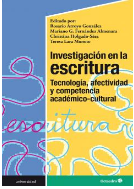
Simposio Internacional. Investigación en la enseñanza de la escritura (IEE): Nueva alfabetización cognitiva, afectiva y digital/ International Symposium. Research on Writing Teaching: A new Cognitive, Affective and Digital Literacy. 7, 8 y 9 de Marzo del 2017.
Arroyo, R., Fernández, M., Holgado, C., Lara, T. (2018). Investigación en la escritura. Tecnología, afectividad y competencia académico-cultural. Octaedro.
https://octaedro.com/libro/investigacion-en-la-escritura
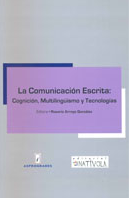
Congreso Internacional: La escritura en el siglo XXI. Cognición, Multilingüismo y Tecnologías/ International Conference. Writing in the 21st Century. Cognition, Multilingualism and Technologies. 25, 26 y 27 de marzo de 2008.
Arroyo, R. (2008). La Comunicación Escrita: Cognición, Multilingüismo y Tecnología. Asprogrades/Nativola.
Organisation
EDINVEST Research Group (HUM356) from the Regional Government of Andalusia. Department of Didactics and School Organisation. Faculty of Education Sciences. University of Granada. Spain
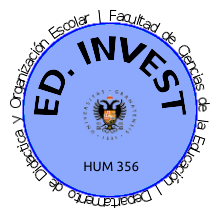
Director
Dr Rosario Arroyo González. Head of the Research Group EDINVEST (HUM 356)
Organising Committee
Mr Andrés Enoc Arroyo Pertiñez. Marketing and SEO in the website and the platform
Mr David Brao Serrano. Computer scientist and developer of the website and the platform
Ms Isabel María Cantos Sánchez. Responsible for designing the website and the platform
Ms Aya El ouazzani. Communication and information
Mr Javier de la Hoz Ruiz. Responsible for editing the Book of Abstracts
Mr Eric Fernández Lancho. Responsible for the platform and the editing of the book
Mr Alejandro Leiva Carmona. Responsible for the Certificates
Mr Carlos Navas Vallejo. Translator and developer of the website and the platform
Mr Santiago Puertas Álvarez. Monitoring of the participation in the Conference
Honorary Committee
Dr Javier Villoria Prieto
Dean of the Faculty of Education Sciences in the University of Granada
Dr Juan Manuel Trujillo Torres
Head of the Department of Didactics and School Organisation in the University of Granada
International Scientific Committee
Dr Patricia Balaguer Girón. Pablo de Olavide University. Spain
Dr Karima Bouallal. Mohammed I University. Morocco
Dr Laura Carlucci. University of Granada. Spain
Dr Chakib Chaairi. University of Tetouan. Morocco
Dr Mercedes Cuevas López. University of Granada. Spain
Dr Claudia De Barros Camargo. Fasipe Faculty. Brazil
Dr Francisco J. Durán Ruiz. University of Granada. Spain
Dr Jamal Eddine Benhayoun. University of Tetouan. Morocco
Dr Emilio Jesús Elizarte Simón. University of Granada. Spain
Dr Ena María Consuelo Evia Ricalde. University of Yucatan. Mexico
Dr María José Fortiz. University of Granada. Spain
Dr Mariano Gabriel Fernández Almenara. University of Granada. Spain
Dr Joaquín Gairin Sallán. Autonomous University of Barcelona. Spain
Dr María Jesús Gallego Arrufat. University of Granada. Spain
Dr Javier García Castaño. University of Granada. Spain
Dr Maria Gervilla Zapata. University of Granada. Spain
Dr Antonio Hernández Fernández. University of Jaén. Spain
Dr Christina Holgado Sáez. University of Granada. Spain
Dr Mohammad Khalil. University of Bergen. Norway
Dr Ahmed Kissami Mbarki. University of Granada. Spain
Dr El Mostapha Kissami. . American School of Marrakesch. Morocco
Dr Teresa Limpo. University of Porto. Portugal
Dr Jose Antonio Marín Marín. University of Granada. Spain
Dr Silvia Martínez Martínez. University of Granada. Spain
Dr Belén Massó Guijarro. University of Granada. Spain
Dr Ana Medina Reguera. Pablo de Olavide University. Spain
Dr Jesús Montejo Gámez. University of Granada. Spain
Dr Cristina Moral Santaella. University of Granada. Spain
Dr José Enrique Rodrigues Moura. Otto-Friedrich-Universität Bamberg. Germany
Dr Antonio Manuel Rodríguez-García. University of Granada. Spain
Dr Jose Ruiz Mas. University of Granada. Spain
Dr Sebastián Sánchez Martínez. University of Granada. Spain
Dr Tomas Sola Martínez. University of Granada. Spain
Dr Juan Manuel. University of Granada. Spain
Partners
